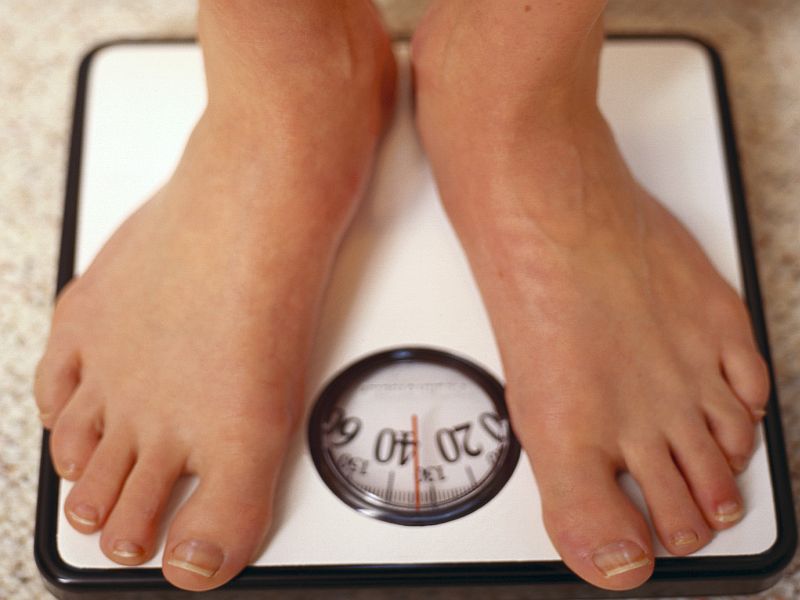
Are you in a time crunch for even a short workout? Experts at the American College of Sports Medicine created a 7-minute plan that can fit into almost anyone’s schedule. The program uses high-intensity training in an exercise circuit, meaning that you quickly progress from one exercise in the circuit to another, exercising full out… read on >


















